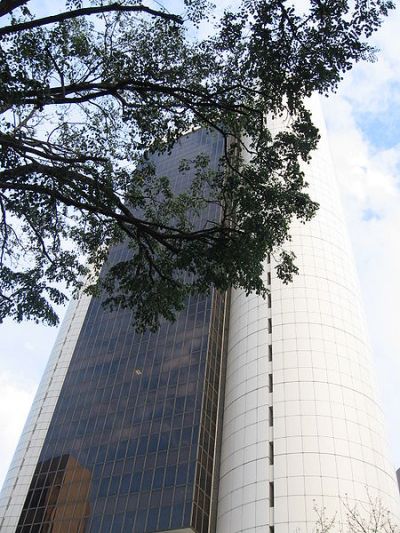The EVERYAWARE
project embraced the challenge of helping people to work out exposure
to air pollution and make informed choices regarding the best times to
be out and about, all this with a cheap, reliable and easy to use
equipment.
Five partners
joined their expertise, from social to computer and environment
sciences. €2 million of EU funding was invested in the project to create
the tools and organise various case studies.
Two smartphone apps were developed: AirProbe to monitor exposure to
air pollution and Widenoise to measure noise levels. Both apps include
social games to share information and impressions as well as interactive
maps.
ENGAGING CITIZENS WITH AIRPROBE
The AirProbe app, which is not yet available to the public, works in
conjunction with a small battery-operated sensor box that can easily be
carried in a knapsack or bicycle basket. This connects to the phone via
Bluetooth. After sucking in air, the box sends readings rating the
level of ozone, black carbon and other pollutants to a central server,
which then bounces helpful information about the town’s polluted areas
as well as peak pollution times to avoid.
‘AirProbe is easy for everyone to use and realising just what we are
breathing can be a real eye-opener,’ says EVERYWHERE project
coordinator Vittorio Loreto , a research leader at ISI Foundation in Turin and a physics professor at Sapienza University of Rome.
Not only will the apps help vulnerable people such as children, the
elderly and asthma sufferers to make healthy choices, but they are also
fun to use, making their uptake more probable.
During the project, researchers recruited people to test the
AirProbe app and sensor box by launching challenges in four cities –
London, Antwerp, Kassel and Turin. This allowed interested members of
the public to become Air Ambassadors, recording levels of pollutants at
various locations.
SCIENCE ON THE GO
Scientists can also use the information gathered to analyse
pollution trends and post this information online for urbanites and
public authorities. This could serve, for example, for combating traffic
congestion. ‘It is still too early to draw any conclusions, but it will
be interesting to see how people change their behaviour as their
awareness of the environment increases,’ says Professor Loreto.
Once the sensor box is available at a larger scale, AirProbe users
will be able to access Experimental Tribe and the various games – which
can give social scientists unique insights into human behaviour and
decision-making.
MAKING THE TECHNOLOGY AVAILABLE TO ALL
‘For the time being, I imagine a much smaller, ideally wearable
sensor box integrated into our clothes and objects,’ says Professor
Loreto. ‘The integration with the smartphones is of course also
envisioned, though on a longer timescale. It all depends on which
companies are interested in producing the sensor box, and how much
smartphone makers are willing to invest,’ he said.
Once the sensor box is made available to the broader public, it is
expected to lead to the release of several apps similar to AirProbe, as
well as online game platforms akin to Experimental Tribe using
EVERYAWARE’s open-source technology.
‘If you want to have innovation, you have to give everyone the
possibility to build on what you have constructed,’ says Professor
Loreto. ‘The next step will be to find someone who can mass-produce the
sensor box so that everyone has the opportunity to buy and use it.’
Link to project on CORDIS
Link to project's website
Link to the application
Widenoise on Google Play
Widenoise on the App Store
Link to related video
 EN
EN  CS
CS DE
DE ES
ES FR
FR HU
HU IT
IT PL
PL PT
PT РУ
РУ SK
SK TR
TR УК
УК AR
AR 中文
中文







